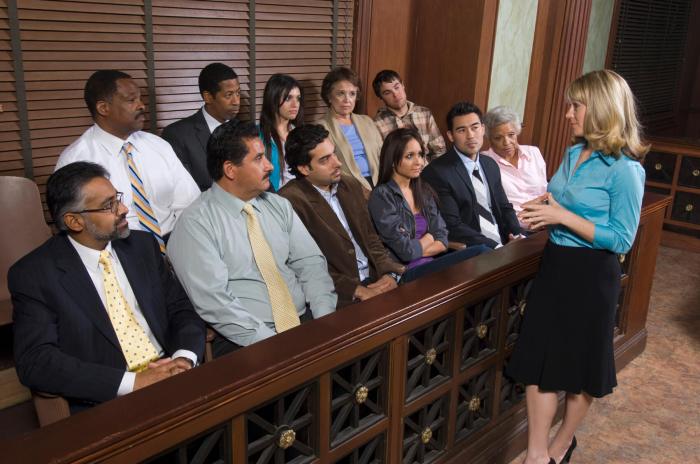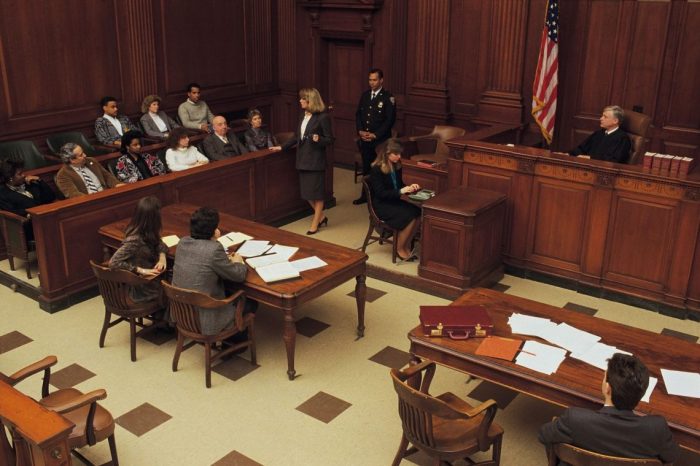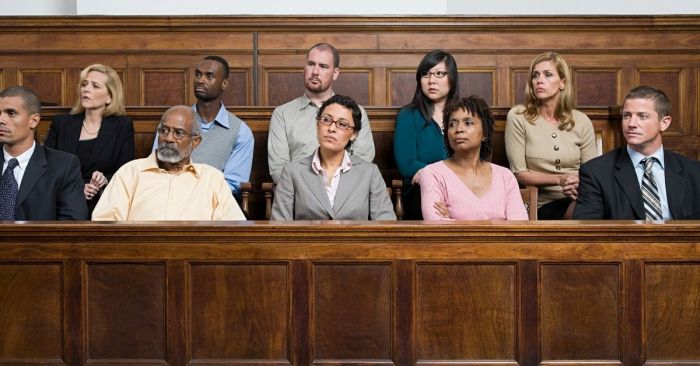The clerk of court is responsible for overseeing jury selection, a crucial process in the administration of justice. Their role ensures the formation of fair and impartial juries, upholding the integrity of the legal system.
From summoning potential jurors to managing the jury pool, the clerk plays a pivotal role in every step of the jury selection process, ensuring that the selected jurors meet the necessary qualifications and are free from any biases or conflicts of interest.
Overview of the Clerk of Court’s Role in Jury Selection

The clerk of court plays a pivotal role in the jury selection process, ensuring the fairness and impartiality of the jury. Their primary responsibilities include:
- Summoning potential jurors
- Screening and qualifying potential jurors
- Maintaining the jury pool and managing juror records
- Administering the jury selection process
Procedures for Jury Selection
The jury selection process typically involves the following steps:
- Issuing jury summonses
- Screening and qualifying potential jurors
- Voir dire (questioning of potential jurors)
- Striking jurors (removing unqualified or biased jurors)
- Seating the final jury
The clerk of court is responsible for managing each step of this process, ensuring that the selection is conducted fairly and in accordance with legal requirements.
Qualifications and Disqualifications for Jury Service
To be eligible for jury service, individuals must meet certain qualifications and avoid specific disqualifications. Qualifications typically include:
- Being a US citizen
- Being at least 18 years old
- Residing in the jurisdiction
- Being able to read, write, and understand English
Disqualifications may include:
- Felony convictions
- Mental or physical impairments that prevent jury service
- Certain occupations (e.g., law enforcement, judges)
The clerk of court is responsible for screening potential jurors and determining their eligibility based on these criteria.
Jury Management and Administration, The clerk of court is responsible for overseeing jury selection
The clerk of court manages the jury pool and administers the jury selection process. This includes:
- Scheduling jury duty
- Providing juror summonses and instructions
- Maintaining juror records
- Managing the jury room and facilities
Effective jury management ensures the smooth and efficient operation of the jury selection process.
Technology and Innovation in Jury Selection
Technology is increasingly used in jury selection to improve efficiency and accuracy. Electronic juror management systems allow for automated juror summonsing, screening, and communication. Online juror questionnaires facilitate the collection of information from potential jurors prior to voir dire.These technological advancements have streamlined the jury selection process, reducing time and costs while enhancing the fairness and impartiality of the jury.
Ethical Considerations in Jury Selection
Ethical considerations play a crucial role in jury selection. The clerk of court is responsible for upholding these standards, including:
- Ensuring that all eligible individuals have an equal opportunity to serve on juries
- Protecting the privacy and confidentiality of potential jurors
- Avoiding bias or discrimination in the selection process
By adhering to ethical principles, the clerk of court helps maintain the integrity and fairness of the jury system.
Helpful Answers: The Clerk Of Court Is Responsible For Overseeing Jury Selection
What are the primary responsibilities of the clerk of court in jury selection?
The clerk of court is responsible for summoning potential jurors, managing the jury pool, screening jurors for eligibility, administering juror oaths, and maintaining juror records.
What qualifications must potential jurors meet?
Potential jurors must be US citizens, at least 18 years of age, residents of the county where the trial is being held, and free from any felony convictions or pending criminal charges.
How does the clerk ensure the impartiality of the jury?
The clerk screens potential jurors for any biases or conflicts of interest through questionnaires and interviews. They also ensure that the jury is representative of the community in terms of race, gender, and socioeconomic status.

